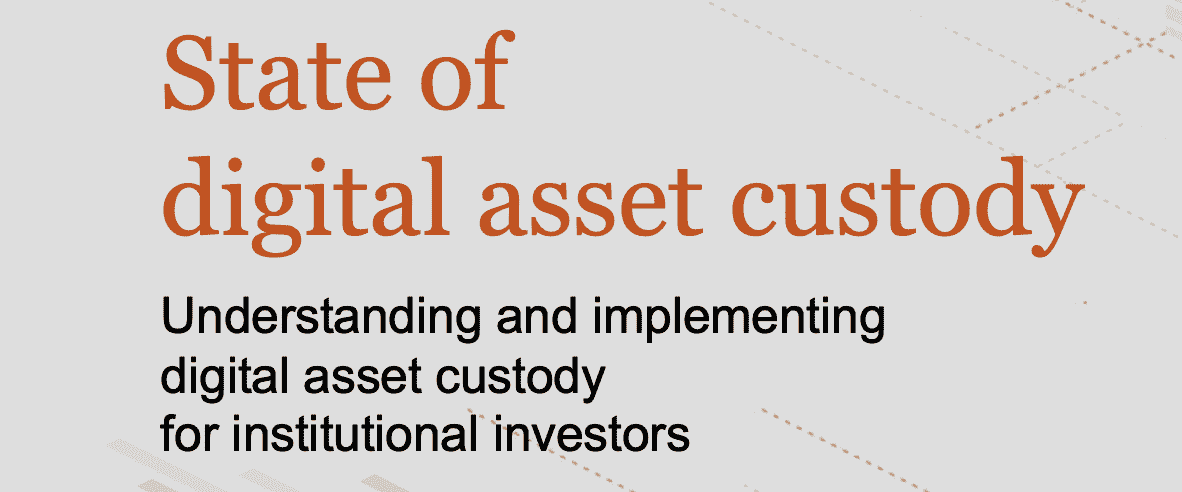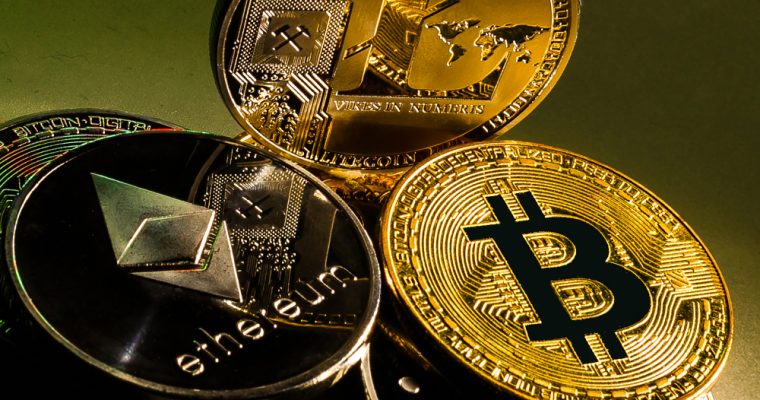Venezuela's digital currency "experimental" encounters difficulties
Author: Chen
In February 2018, the Venezuelan government officially launched the Petro Coin to re-stabilize and revitalize the domestic economic situation and foreign trade situation in Venezuela. It has been two years since Venezuela officially launched the petroleum coin.
In these two years, although the Venezuelan government headed by President Maduro has been vigorously promoting petroleum coins, petroleum coins have not helped Maduro achieve his original vision.
On January 14, 2020, Maduro pledged at the constitutional conference to revive petroleum coins by selling oil through petroleum coins and paying passport fees.
- US Marshal's Bitcoin Auction: Tim Draper's Digital Kingdom
- Global assets under the "epidemic": BTC rose over 12% to become the best in the world
- Conjectures about digital wallets and central bank digital currencies
But combined with the two years since the listing of Petroleum Coin, Maduro is not easy to realize his promise.
Venezuelan government leads push for petroleum coins
In March 2018, one month after the introduction of petroleum coins, the Venezuelan government issued an announcement saying that citizens can use petroleum coins to buy a house.
In August 2018, the Venezuelan government officially identified the petroleum currency as Venezuela's new fiat currency and devalued the old fiat currency Bolivar by 95%.
Although the petroleum coin was identified as the official currency of Venezuela, this measure has not been recognized by the international community, and based on the status of Venezuelan citizens' long-term preference for the US dollar, Venezuelan citizens have not started to actively use petroleum coins after the introduction of the petroleum coin.
In order to promote the popularization of petroleum coins, Venezuela had to expand the payment channels and application of petroleum coins under the leadership of the government.
First of all, at the payment level, Venezuela has increased the convenience of the payment of petroleum coins by adding petroleum coin counters at banks, opening exchange channels between petroleum coins and the old French currency Bolivar, and providing payment technology support for enterprises.
On July 4, 2019, Maduro ordered the opening of nearly 790 petroleum coin counters in Banco de Venezuela, the largest bank in Venezuela, to promote the circulation and use of petroleum coins.
On October 23, 2019, Venezuela began to allow citizens with petroleum coins to exchange the petroleum coins they owned for the old fiat currency, Bolivar, which further opened the exchange channel between petroleum coins and the old fiat currency Bolivar. Conducive to increasing the liquidity of petroleum coins.
In addition, Maduro has been urging local merchants and businesses to adopt cryptocurrency payment solutions, and to provide the necessary technical support for businesses that accept cryptocurrency payments. Under the promotion of the Venezuelan government, the Venezuelan supporters of the BioPago system were expanded from 93 to more than 7,000 within three months. Venezuela has since realized that it can use petroleum coins to purchase goods across the entire territory.
In order to increase the internationality of petroleum currency, the Venezuelan central bank will update the exchange rate of petroleum currency against the legal currency of other countries every day.
Secondly, the Venezuelan government has further expanded the application of petroleum coins by issuing relief funds, linking petroleum coins with transactions of local superior resources, and providing certain benefits to users of petroleum coins.
After the government allowed citizens to use petroleum coins to purchase a house in March 2018, in September 2019, Venezuela's public housing was approved to be delivered using petroleum coins.
During the Christmas of 2019, the Venezuelan government issued a relief payment to all Venezuelan retirees, pensioners, public sector soldiers and qualified citizens of other countries. About $ 30, but this time the relief money was paid in the form of petroleum coins.
At the same time, Venezuela is also gradually selling oil, steel, gold and other resources through petroleum coins. According to Maduro on January 14, Venezuela's state-owned enterprise Venezuela Petroleum Company will begin to try to sell 50,000 barrels of oil per day through petroleum coins. In the future, the sale of oil through petroleum coins will extend to all oil transactions in Venezuela .
At the same time, Maduro also said that in the future Venezuela's utilities and taxes will be paid in petroleum coins.
Oil coin market continues to be cold
But despite Maduro and the Venezuelan government's active promotion of petroleum coins and the mandatory incorporation of petroleum coins into their daily lives, petroleum coins have not received good feedback in the Venezuelan market.
On the day Maduro announced the revival of petroleum coins, there was news that the Venezuelan central bank had stopped selling petroleum coins Patro through its Biopago equipment indefinitely. It is understood that BioPago allows users to use fingerprint-reading biodata technology in thousands of stores across the country to pay with petroleum-backed tokens issued by the state. Prior to that, more than 7,000 stores in Venezuela had used BioPago equipment to process petrocoin payments.
This move has undoubtedly cut off the road to popularization of Venezuelan citizens.
Affected by the Bolivarian exchange rate, Venezuela's two platforms where citizens can use petroleum coins to purchase goods have been banned by the government. In fact, although the government has been vigorously promoting petroleum coins, and has been actively expanding the application scenarios and payment channels of petroleum coins, Venezuelan residents holding petroleum coins have almost no way to convert the petroleum coins in their hands into purchasing power.
What followed was a sell-off of petroleum coins by local residents. On January 22, news showed that Venezuelan citizens were selling petroleum coins airdropped by the government through the Bitcoin trading platform LocalBitcoins, and that the price of petroleum coins had fallen to half of its issue price.
Following Venezuelan residents, Venezuelan merchants. On February 4, local Venezuelan media reported that Venezuelan merchants had abandoned petroleum coins as a means of payment due to large-scale inflation, and attempted to liquidate petroleum coin assets at Venezuelan banks. Merchants had depreciated Bolivar currency.
Since then, after two years of vigorous promotion by the Venezuelan government, no matter whether it is market acceptance or payment channels, petroleum coins have not really opened up in the Venezuelan economic market.
Problems with the promotion of petroleum coins
Based on the overall situation of Venezuela and the development of petroleum coins, it can be seen that petroleum coins have been blocked in Venezuela's economic market. In addition to international currencies that are not recognized by other mainstream countries in the world, the local government has low credibility, and local residents prefer stable currencies, petroleum coins also exist. Series of questions.
First of all, on the technical level, the technology for large-scale payment of petroleum coins is not yet perfect. According to the petroleum coin white paper, petroleum coin is a cryptocurrency issued on the Ethereum chain. However, analysis of other cryptocurrencies issued on the Ethereum chain, including ETH, shows that there has not yet been any cryptocurrency that can support retail-level applications.
According to Venezuelan local media reports, during the Christmas of 2019, after "thousands" of Venezuelans received petroleum coins as gifts, many merchants reported errors and payment failures, and some conducted petroleum coin transactions through the BioPago system to merchants. Indicates that he has not received the payment. Since then, the Venezuelan central bank has confirmed the matter and said it will provide compensation to all merchants using BioPago equipment to process petroleum coin transactions.
Second, the value of petroleum coins is not stable enough. According to the white paper of petroleum coins, the value of petroleum coins is linked to the price of oil and the willingness of the Venezuelan government. Based on the current situation of the Venezuelan government, it is known that both its oil price and the government's leadership of the domestic economy are in a very unstable state. , Which further led to greater fluctuations in the value of petroleum coins. According to public information, the severe depreciation of petroleum coins is also one of the important reasons for a large number of merchants to abandon the use of petroleum coins for transactions.
We will continue to update Blocking; if you have any questions or suggestions, please contact us!
Was this article helpful?
93 out of 132 found this helpful
Related articles
- Was arrested for false evidence? Auburn's farce is added
- Ethereum 2.0 audit report announced next week, giving green light to multi-client testnet
- Analysis of CBDC's international R & D dynamics (II): Thailand and Hong Kong join hands to open up the "second pulse of Rendu"
- Defi's Reasonable Logic and Aging Status
- "Determinism" and "uncertainty" on the eve of Bitcoin's cuts, how should miners and investors respond?
- Year-to-date soaring 47%, will ETH become the dark horse this year?
- Commentary | Epidemic promotes China's digital economy to enter a higher version of the crisis






